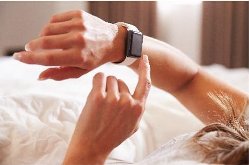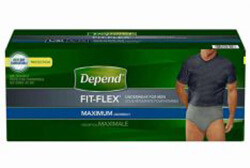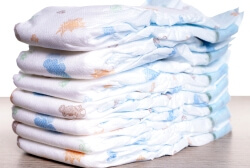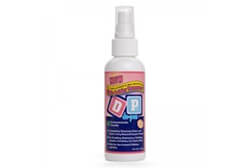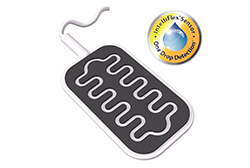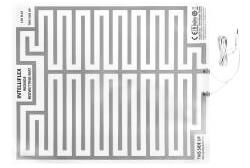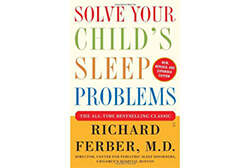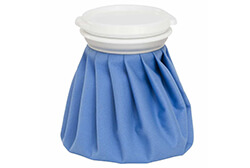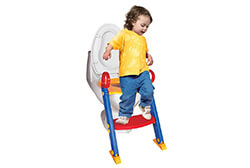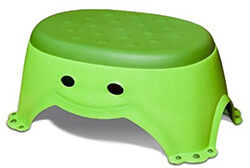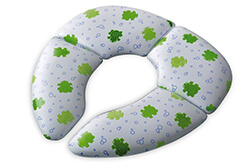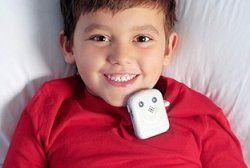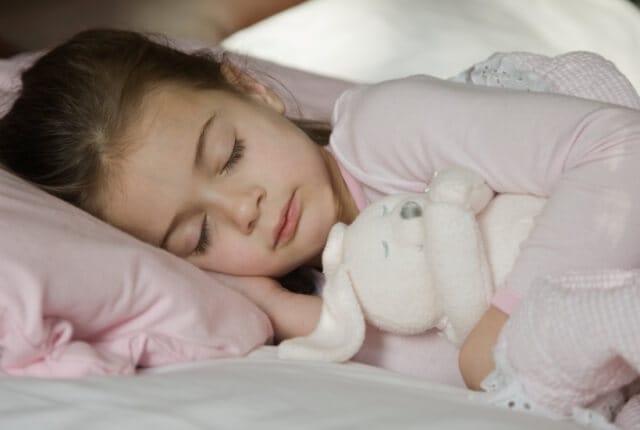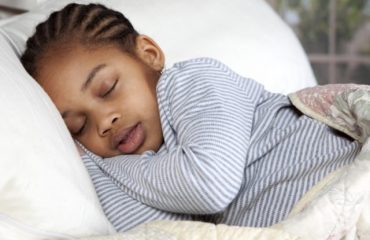Is It The End Of Bedwetting?
Last Updated on February 17, 2023 by One Stop Bedwetting
It’s been a few nights and your little one has been waking up dry. Hooray! Does it mean the end of bedwetting days, soiled sheets and wet clothes? Well, could be.
Every child develops at a different pace and gaining bladder control is no different. While some children may just wake up dry one day and that might be it, other children may stop bedwetting more gradually. If like every other parent with a bedwetting child, you are wondering when and how your child will finally stop bedwetting, here are some tips that can help you.
Consider the Age
Most doctors don’t consider bedwetting a problem until age 5 or 6 as many children are still gaining bladder control. So, if your child is younger than that age he or she might take some more time to become completely dry. If there are no developmental or medical conditions involved most children become dry by 5 years of age. According to American Academy of Pediatrics about 10% of 6-year old continue to wet the bed.
Evaluate the Family History
Bedwetting runs in the family, that is, it is genetic. If a child’s parents or an aunt or uncle were bedwetters, chances are the child will be too. Studies show that there is about 77 percent chance that a child will wet the bed if both parents were bedwetters. So, jog down the memory lane, and think at what age did you or your child’s aunts, uncles stopped bedwetting. It is likely that your child would stop wetting the bed around the same age.
Be Prepared for Relapse
A few dry nights may not mean that your child has overcome bedwetting, but it definitely signals that he or she may be close to achieving dryness. Even if your child has been dry for sometime he or she might occasional wet the bed or experience a periodic relapse, which might be a result of changes in the daily routine and sleep patterns. However, relapses don’t last forever. Usually, simply returning to routine and following the plan the child was use to when he or she stopped bedwetting, helps.
A bedwetting alarm can stop nighttime bedwetting in children and teens permanently. The alarm sensor detects the drop of urine and starts beeping that makes your child get up to use the bathroom. Slowly in few weeks the alarm builds brain-bladder connection and thus wakes up your child even before they start betting the bed.
Children outgrow bedwetting at some point. Research shows that every year about 15% of children who wet the bed stop after 6 years of age. So, be patient and continue to offer support and encouragement your child needs, and buy products such as bedwetting diapers, vibrating reminder watches and waterproof mattress pads which can help you better manage bedwetting.








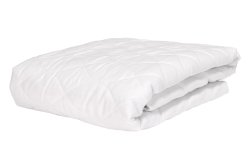 Our #1 Top SellerIdeal for Daily Use
Our #1 Top SellerIdeal for Daily Use Premium Quality BeddingSoft and Comfortable
Premium Quality BeddingSoft and Comfortable Premium Quality BeddingLarge Urine Absorption
Premium Quality BeddingLarge Urine Absorption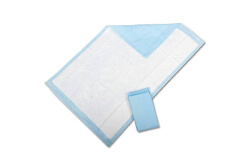 AFFORDABLE PRICECHANGE DAILY AS NEEDED
AFFORDABLE PRICECHANGE DAILY AS NEEDED
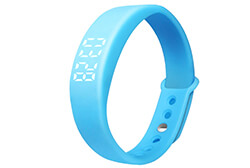 Sleek, Stylish and Affordable Watch
Sleek, Stylish and Affordable Watch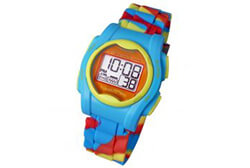 Multi-Function Watch with Numerous Features
Multi-Function Watch with Numerous Features Recommended watch for teens and adults
Recommended watch for teens and adults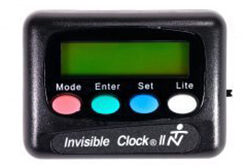 Perfect for medication and other reminders
Perfect for medication and other reminders